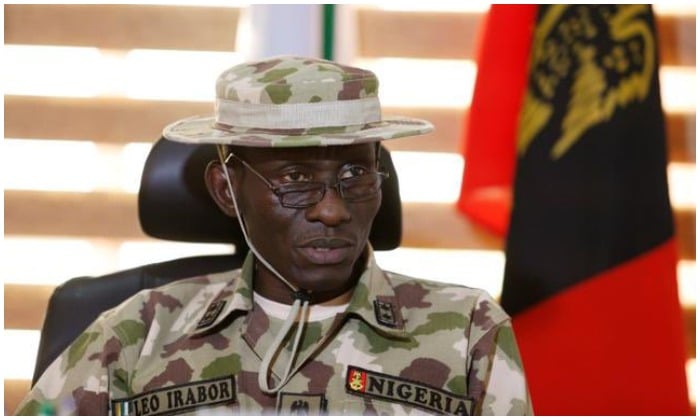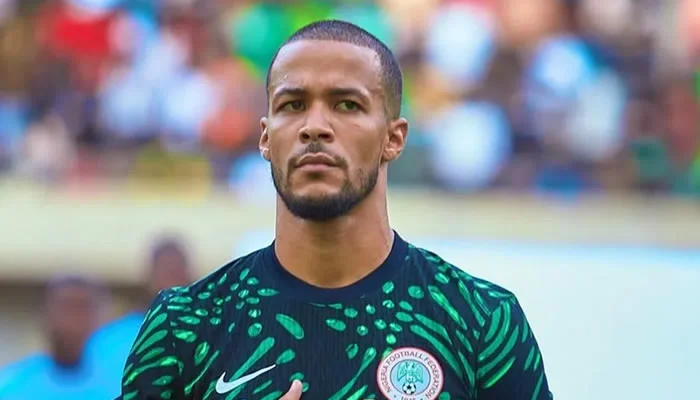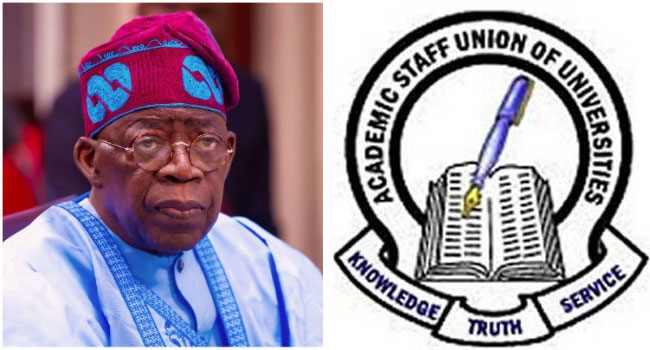Former Chief of Defence Staff, General Lucky Irabor (retd.), has clarified that his new book on Nigeria’s fight against Boko Haram is not meant to indict anyone, but to inspire national reflection.
Irabor made this known on Friday during the public presentation of his book Scars: Nigeria’s Journey and the Boko Haram Conundrum in Abuja.
“This book is not an indictment; it is a national soul-searching presentation. It is an awakening reality, urging us to either act responsibly for progress or do nothing and drift towards extinction,” he said.
According to him, Scars is not just a personal account but an “awakening reality” designed to spark discussions on credible solutions to Nigeria’s security challenges.
“The story in this book is the painful truth as I experienced it. My hope is that it will trigger a national conversation and direct attention toward lasting solutions. As we unveil this book, I invite you to join me on a journey of reflection, empathy, and hope,” Irabor added.
He stressed that the book should push Nigerians to revisit their shared struggles, honour the victims of Boko Haram, and recommit to building a nation founded on justice, equity, and peace.
Irabor also revealed that proceeds from the book would go into supporting schools and hospitals that he and his family have been sponsoring.
“For me, this book is not just a narrative; it is a call to sustain hope and optimism. Scars carries a firm belief that together, we can transform our scars into victories of nationhood,” he said.
The event was attended by notable figures including former Presidents Olusegun Obasanjo and Goodluck Jonathan, service chiefs, clerics, as well as former and serving governors.
In his remarks, Obasanjo lamented how Boko Haram has become deeply entrenched in Nigeria, warning that the insurgency has gradually been accepted as part of the nation’s daily reality.
Read Also;
Troops Foil Boko Haram Attempt to Hijack Aid Trucks, Neutralise Scores Across Nigeria
Jonathan, on his part, disclosed that Boko Haram insurgents once nominated then-General Muhammadu Buhari as their preferred negotiator during peace talks with his government. He explained that although his administration explored multiple committees and approaches to resolve the crisis, the situation was far more complex than it was often perceived.




